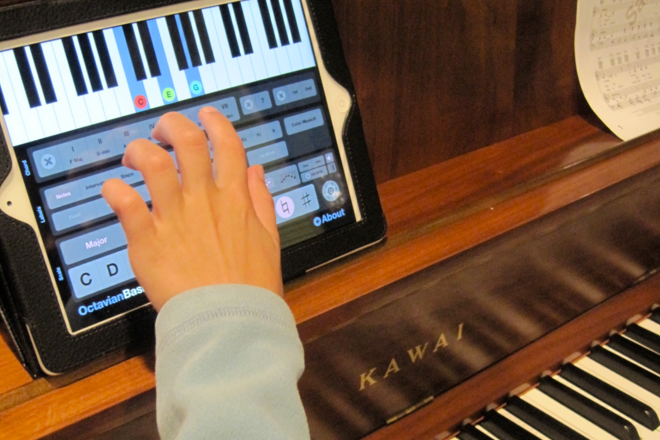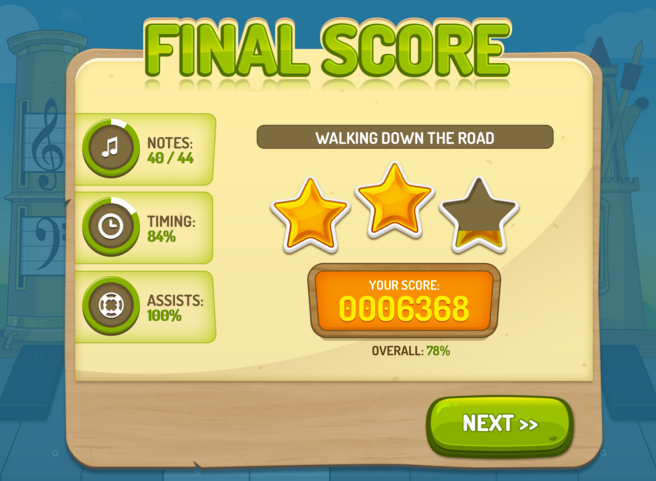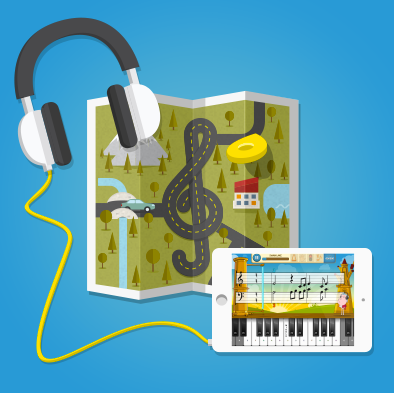Four Subjects I Learned from Computer Games..and One I Didn’t…
There is no doubt, when playing video games, you are completely immersed in your
playing . Parents and educators usually see this as a bad thing, and I can’t blame them. I, for example, spent much of my youth shooting monsters instead of doing my homework. I won’t deny that finishing that one final level often meant more than playing outside and interacting with friends.
However, this immersion also often motivates young gamers to learn more, independently. In this, games hold great power, piquing the students’ curiosity enough, to be intrigued to learn on their own.
Here are 4 (and I could list more) school subjects I aced thanks to being a gamer…and one I didn’t.
- Geography:many games use real world maps and location as their settings. I sent virtual troops to almost every corner of the globe, from Dublin to the Sakhalin peninsula; Sailed through every corner of the Caribbean with my pirate frigate; and lay railroad tracks across the USA.
- History: many game plots and settings are anchored in real historical background. Having played Total War: Shogun, I can not only quote names of Japanese provinces, clans and leaders of the era, but also have some insight as for the political structure and the challenges the Japanese faced at that time. As an assassin from Assassin’s Creed 3, I participated in the Boston tea party, crossed the Delaware river with George Washington and sailed a ship-of-the-line in the battle of Chesapeake bay.
- Economy: if you want to run a virtual empire, army or alien-fighting secret agency, you need to be well-versed in basic economics concepts such as supply-and-demand curves, interest, budget management and more. Some games have an underlying economic engine that would put to shame business game simulators of top business schools.
- English: for gamers who are not native English speakers, games are a facilitator and a motivator to gain command of the language. Yes, it’s not like reading books, but thanks to games my English vocabulary at the age of 10 contained words such as ‘disband’, ‘stateman’ and ‘supersonic’.
And then, there was one topic I did not ace at school… Music.
I spent three years studying the organ in grade school, and it never truly clicked. While one may question my natural talent, there’s no doubt that I found it hard to maintain the rigorous practicing routine needed by any musician to hone in on their skills. Despite enjoying music, I found the repetitive nature of practice hard, especially given temptations… like my computer games. If only JoyTunes existed a couple of decades ago, this post may included music.
Now, thanks to being part of the JoyTunes development team, I am fortunate to re- discover the pleasure of playing a musical instrument, and I genuinely enjoy practicing! As a new comer to the team, my love of games and the positive influence it had on my life, was a main driver to work for JoyTunes. I truly believe that music education, and the education world in general, can be transformed, for the good, by the iPad (if used correctly, of course.)
At JoyTunes, our music apps are educational by design, while still maintaining the fun element of a game, which sparks the young players’ curiosity. This genuine curiosity, and passion, is what happens when practice time turns from a chore – to a game.









